Posted on 7/15/2024

Maintaining your vehicle's transmission is crucial for ensuring its longevity and smooth operation. Two common maintenance procedures are the transmission flush and the drain and fill. While both change the transmission fluid, they differ in their approach and effectiveness. Let's dive into the details of each method to understand their differences better. Transmission Flush A transmission flush uses a machine to completely remove the old transmission fluid from the system. This process replaces the fluid by adding new fluid through the transmission cooler lines. And removes the old fluid at the same time. Here are the key aspects of a transmission flush: Complete Fluid Replacement: A transmission flush ens ... read more
Posted on 6/17/2024

Have you ever heard your car squeaking or creaking as you drive down the road? Or maybe you’ve noticed that your car is pulling to one side, or the steering wheel isn’t quite centered. If so, you might have an issue with your ball joints. But what are ball joints? Let's discuss what ball joints are on a car and why they’re important to your vehicle’s performance and safety. Ball joints are part of your car’s suspension system, which is responsible for absorbing shock and providing a smooth ride. They’re found on the front suspension of all vehicles. They connect the steering knuckle to the control arm. Ball joints are basically a pivot point that allows the wheels to turn and move up and down as you drive over bumps and uneven surfaces. Ball joints are important because they allow your car to absorb shock and maintain proper wheel alignment. If the ball joints are worn or damaged, your car’s handling and ride qual ... read more
Posted on 4/11/2024
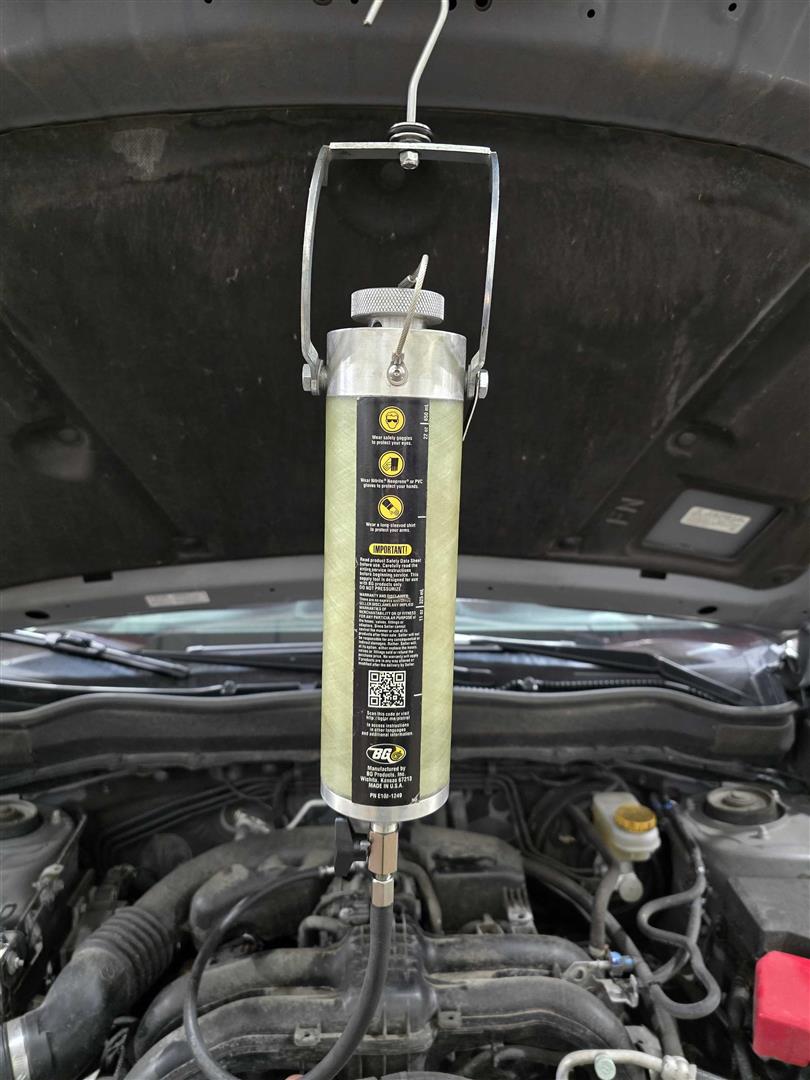
If you are a car owner, you have probably heard of fuel injection service. But what exactly is it, and why is it important? A fuel injection service is a procedure for your car's fuel system. Let's delve deeper into what fuel injection service entails and why it's essential. What Is Fuel Injection? Fuel injection is a computer-controlled system that delivers fuel to the engine in a car. The system uses sophisticated sensors to determine the amount of fuel needed. And the optimal air-to-fuel ratio for combustion. In the past, car engines used a carburetor to regulate the amount of fuel and air intake. Fuel injection systems have become more common in cars as they are more efficient. They also offer better engine performance. What Is A Fuel Injection Service? A fuel in ... read more
Posted on 3/11/2024
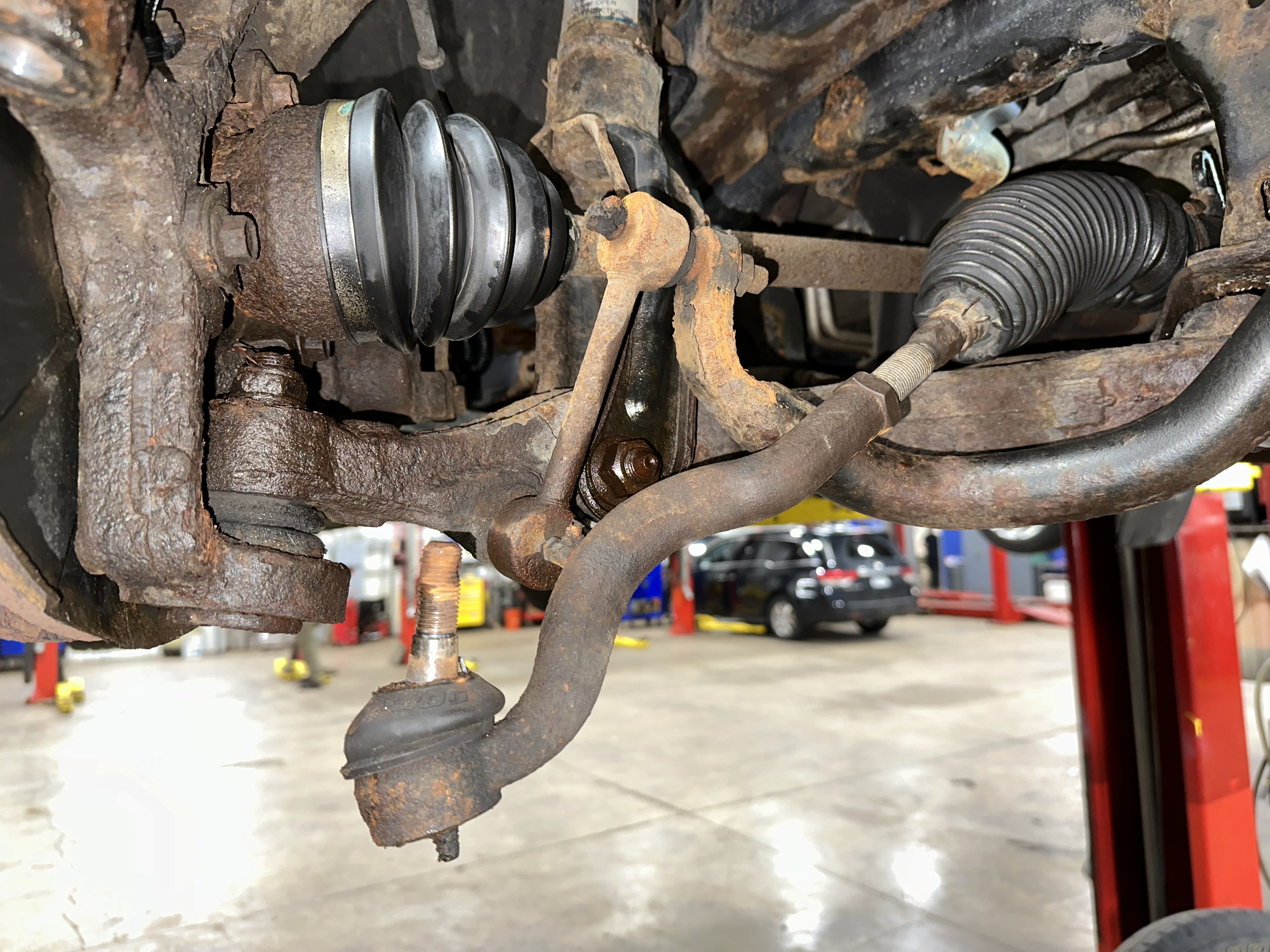
Ever wondered how we can smoothly steer a car around corners with just a turn of the steering wheel? Well, it's all thanks to a cool thing called a "rack and pinion." Let's dive in and learn about this nifty mechanism that makes driving so much easier. What is a Rack and Pinion? Imagine you're turning the steering wheel of a car. Inside, there's a clever setup called a rack and pinion. Picture a toothed bar (the rack) and a toothed rod (the pinion) meshing together. When you turn the wheel, it spins the pinion, and that makes the rack move side to side. That's what helps steer the car. How Does It Work? Think of it like this: you've got a pizza cutter (the pinion) rolling along a slice of pizza (the rack). As you turn the handle (like the steering wheel), the blade (the pinion) moves side to side across the pizza slice ( ... read more
Posted on 2/6/2024
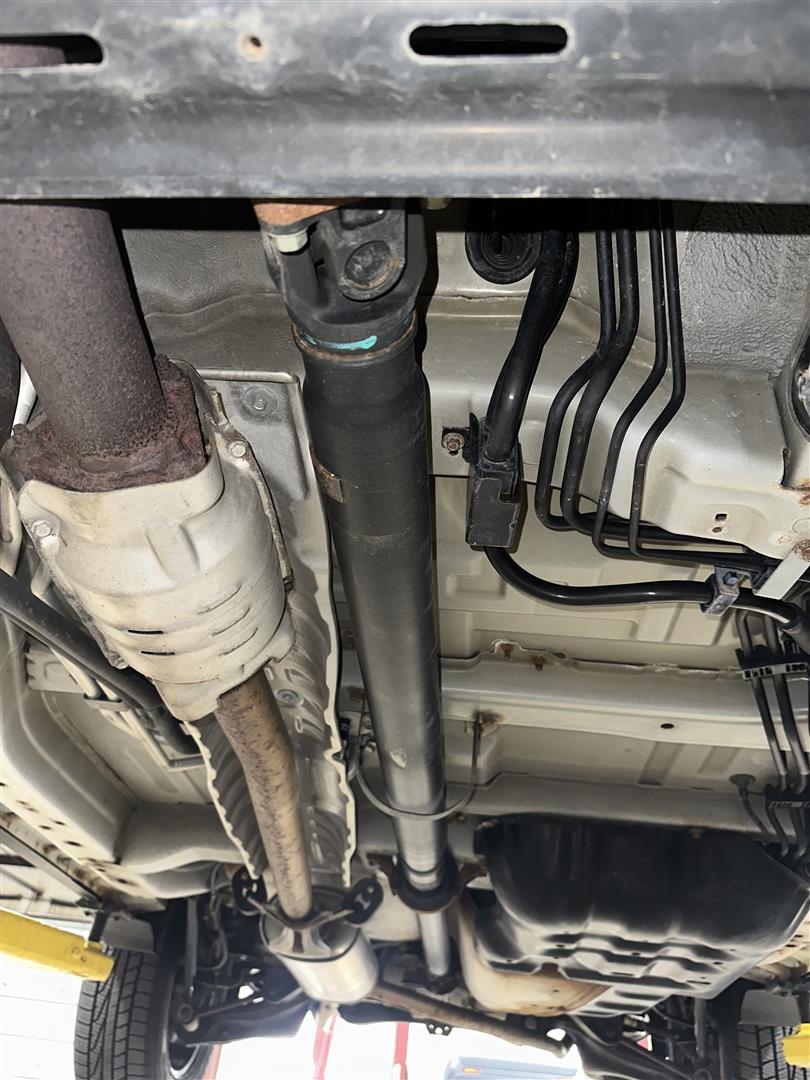
Driving a car can be an exciting experience one can have. However, many of us do not stop to ponder the various components that make up our cars. Today we will focus on one such component known as a driveshaft. Let’s discuss what a driveshaft is, what it does, and why it is important for your vehicle. What is a Driveshaft? A driveshaft is a mechanical component found in rear-wheel and four-wheel drive vehicles. The driveshaft transmits rotational power from the engine to the differential. The differential is the mechanism that enables the vehicle's wheels to rotate at different speeds. The driveshaft is a cylindrical metal rod, consisting of a slip yoke, U-joints, and a center support bearing. What does a Driveshaft do? The driveshaft transmits torque ... read more
Posted on 1/2/2024
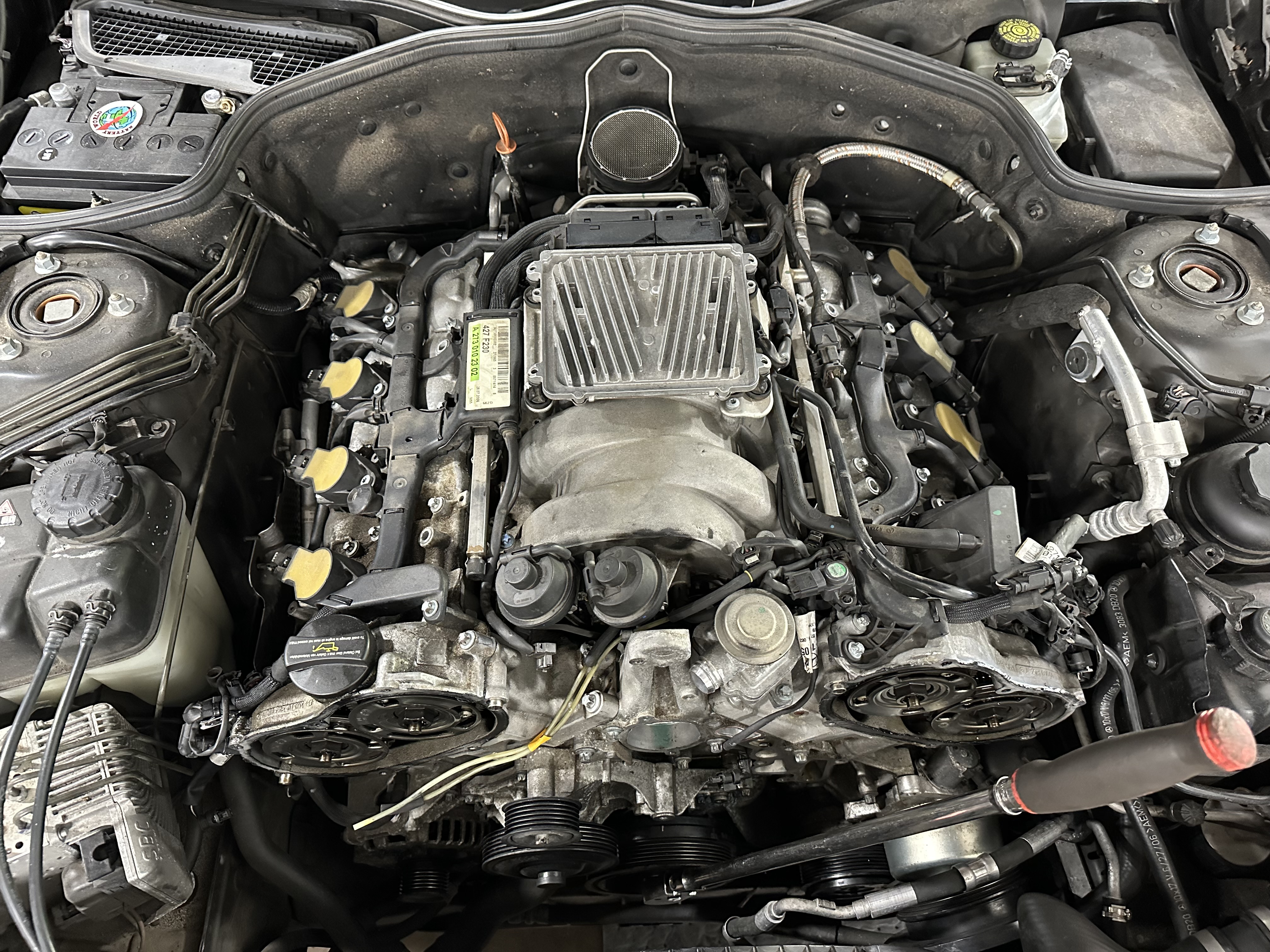
Ever wondered how to tell if your car's engine needs a little TLC? The engine is like the heart of your car, and keeping it healthy is crucial for a smooth ride. Let's explore simple signs and tips to help you know if your engine needs attention. Listen for Weird Noises: If your car starts making strange knocking or grinding noises, it might be a sign of a bad engine. Listen closely when you start the car and while driving. Unusual sounds can mean trouble! Watch the Smoke: If you see smoke coming from your car's exhaust, pay attention to the color. Black, white, or blue smoke can indicate different engine issues. For instance, blue smoke can mean the engine is burning oil. Check for Poor Performance: Is your car struggling to start or losing power? Difficulty starting, rough idling, or a loss of acceleration can be signs of engine trouble. Don't ignore these signs! In ... read more
Posted on 12/19/2023
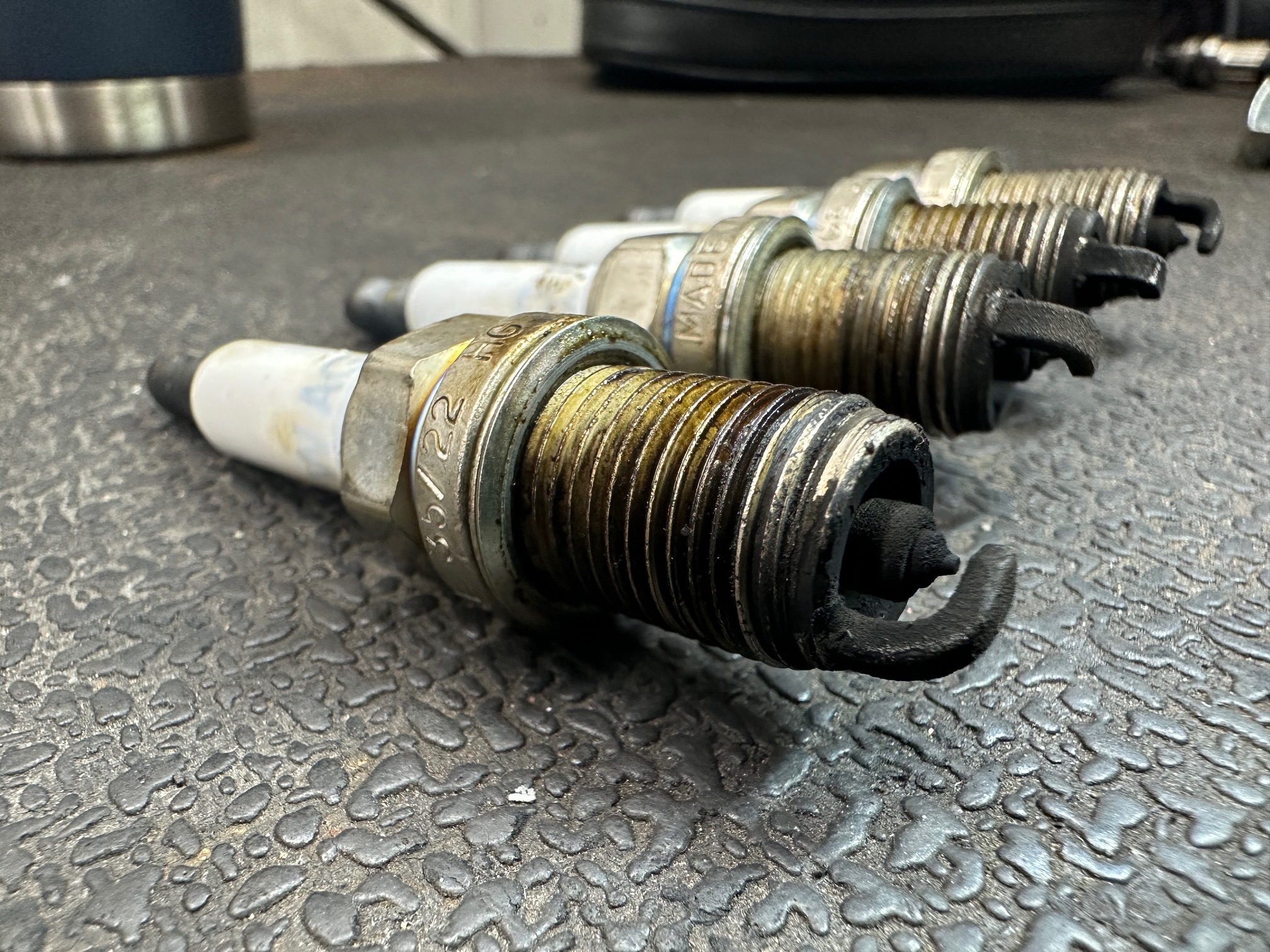
The spark plug is a tiny component in your engine that keeps your car running smoothly. It ignites the fuel in your engine and provides the power to move your vehicle. However, not all vehicles need the same number of spark plugs. Let’s discuss how many spark plugs your car needs to run efficiently. The number of spark plugs your car requires depends on the type of engine it has. Four-cylinder engines require four spark plugs. Six-cylinder engines need six spark plugs. Eight-cylinder engines require eight spark plugs. It's crucial to use the correct type recommended by the vehicle's manufacturer. Copper spark plugs are the most common and cost-effective spark plugs. Plati ... read more
Posted on 10/10/2023
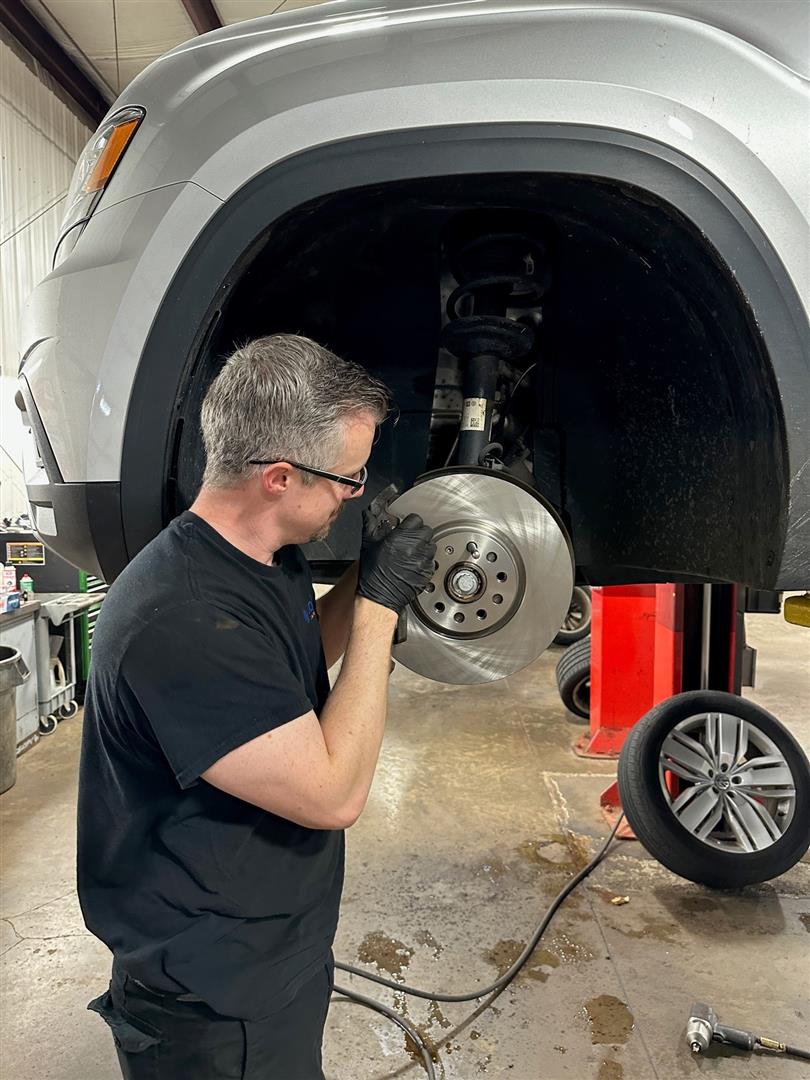
Vehicle maintenance is crucial to extend its lifespan. And prevent costly repairs down the road. That’s where preventative maintenance comes in. Preventative maintenance helps prevent potential issues from becoming bigger problems. Let's take a closer look at what exactly preventative maintenance is, why it’s important, and some practical tips you can follow. What is preventative maintenance? Preventative maintenance involves routine services like oil changes, tire rotations, and brake inspections. These services aim to prevent issues from becoming serious problems. By keeping up with these regular checks, you can extend the life of your vehicle. And avoid costly repairs down the road. Why is preve ... read more
Posted on 9/1/2023
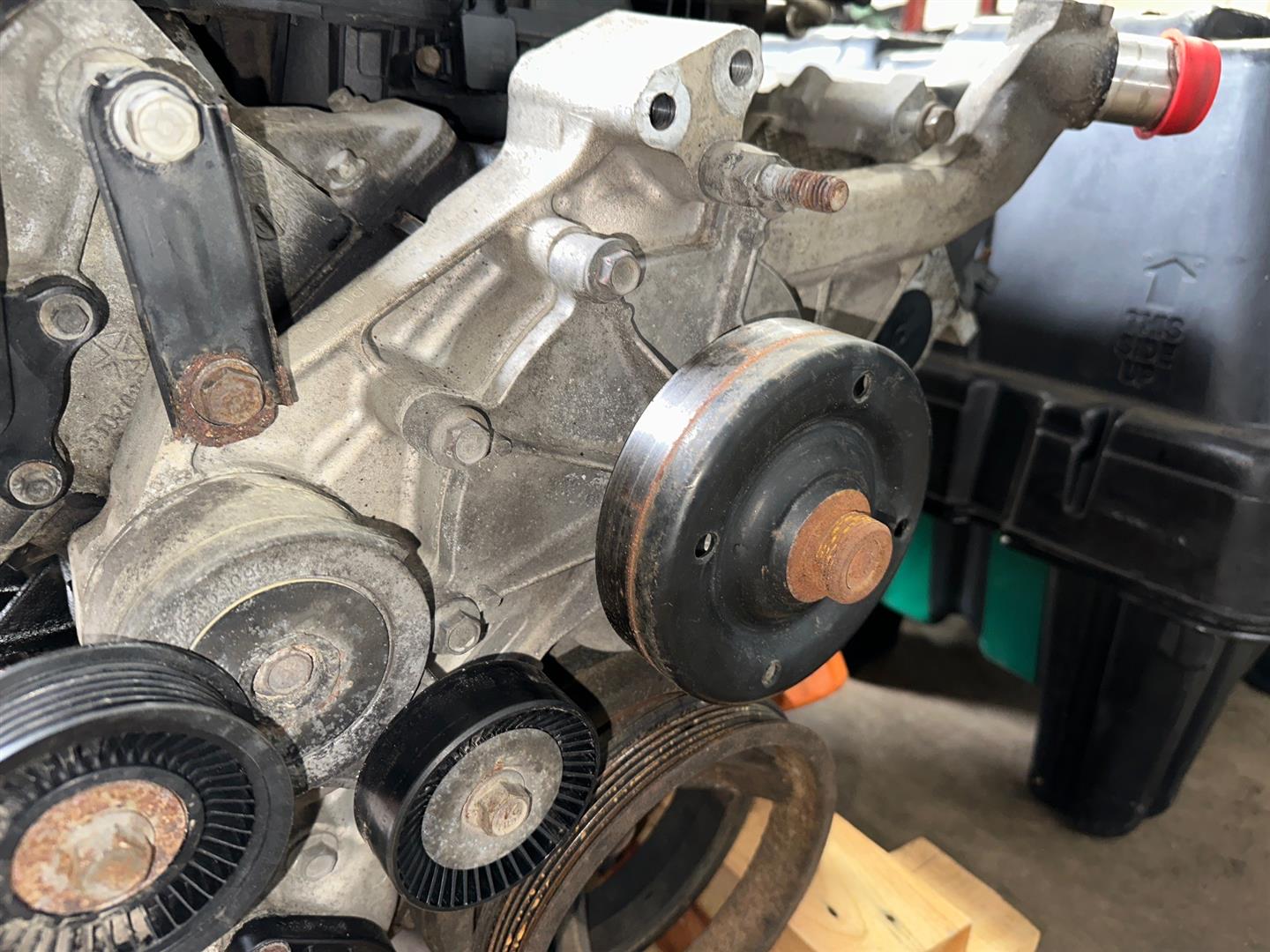
One of the most critical components of your car is the water pump. But what exactly is a water pump, and why is it so essential for your car? A water pump circulates coolant throughout the engine and transfers heat from the engine to the radiator. It maintains a consistent temperature throughout the engine. A water pump consists of a rotor, a housing, and an impeller. The rotor is connected to the engine's crankshaft via a belt. It rotates the impeller inside the housing, which pumps coolant through the engine. Due to a lot of mechanical wear and tear, water pumps tend to fail over time. The most common sign of a failing water pump is visible coolant leakage underneath your car. If you notice a leak, you sho ... read more
Posted on 8/24/2023
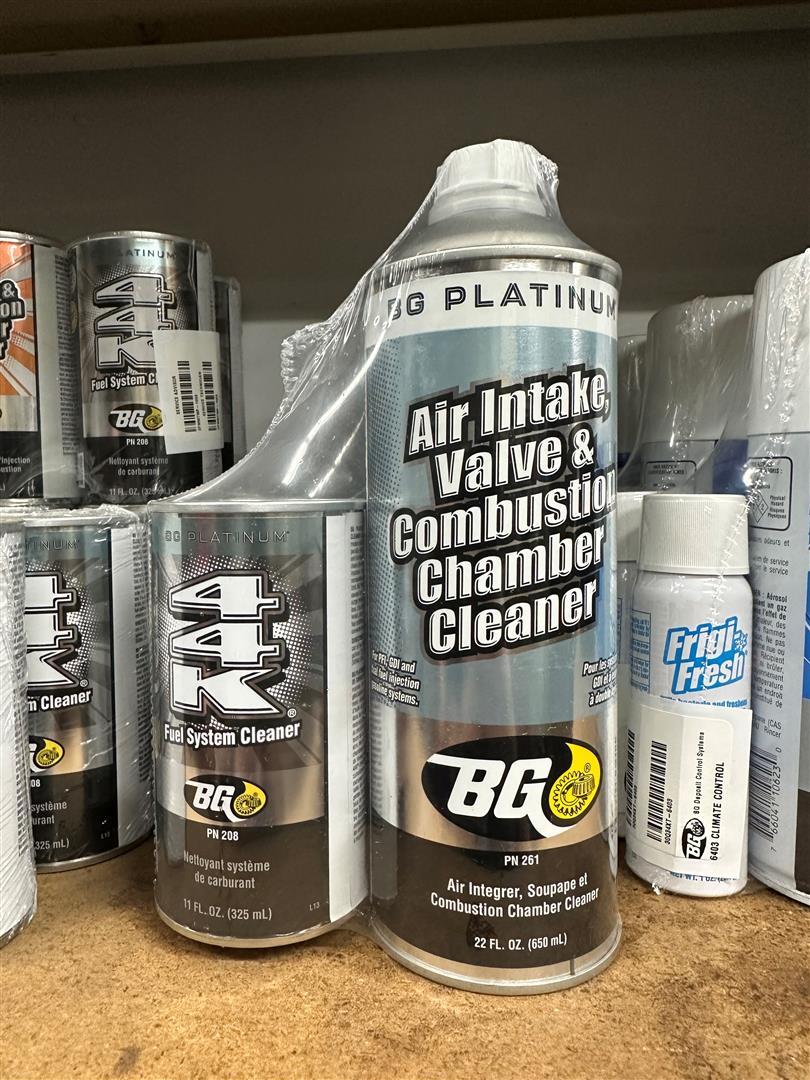
It's essential to maintain your vehicle regularly. One of the critical components of this maintenance is fuel system cleaning. This is also known as fuel injector cleaning. A fuel system cleaner is designed to eliminate dirt, debris, and other contaminants in your car's fuel system. The process involves adding a specialized fluid to your fuel tank. This fluid is then mixed with gasoline and runs through your engine to clean it entirely. Learn more about fuel system cleaners and how they can benefit your vehicle. Benefits of Fuel System Cleaning A fuel system cleaner can help you in several ways. It helps improve the overall performance of your engine. Regular use of fuel system cleaners ensures your engine runs smoothly. This increases your car's fuel efficiency and reduces emissions. Fuel system cleaners can also end or reduce knocking and pinging noises caused by the vehicle's engi ... read more